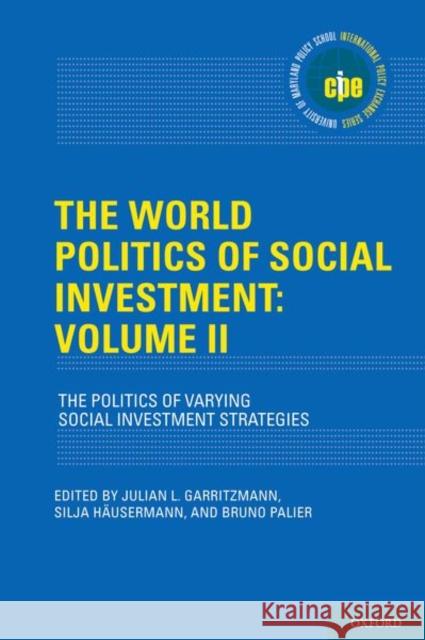The World Politics of Social Investment: Volume II: Political Dynamics of Reform » książka
topmenu
The World Politics of Social Investment: Volume II: Political Dynamics of Reform
ISBN-13: 9780197601457 / Angielski / Twarda / 2022 / 520 str.
Kategorie:
Kategorie BISAC:
Wydawca:
Oxford University Press, USA
Seria wydawnicza:
Język:
Angielski
ISBN-13:
9780197601457
Rok wydania:
2022
Numer serii:
000393812
Ilość stron:
520
Oprawa:
Twarda
Wolumenów:
01
Dodatkowe informacje:
Bibliografia
Wydanie ilustrowane
Wydanie ilustrowane











